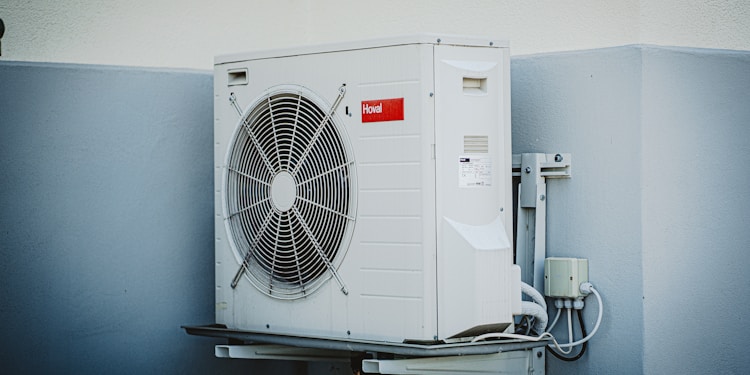Did you know that your HVAC system is designed to operate for at least a decade? The unit will offer quality service over a long period of time. Even when opting for the best ducted air conditioning or split system on the market, regular servicing is the key to maximise system performance over a long period.
The HVAC will generally run all year round, which may in turn put a lot of strain on it. This build-up of stress from consistent use can cause your HVAC system to break down well before the lifespan.
You can address this risk by scheduling regular maintenance over a given period of time. Regular assessment by HVAC technicians will help you spot any problems quickly and keep your system in fine shape. You can also regularly carry out maintenance by yourself while only planning for annual technician visits. But how do you maintain your HVAC? Aside from considering professional help, this article offers tips to help you keep your system running at its best. Remember, you can always consider new and used industrial parts for maintenance and replacement in your HVAC for optimal output.
Schedule regular maintenance
You will not often consider maintenance and repair of your HVAC when it is running smoothly, especially if you address most of your needs without any help. However, like other electrical units, your HVAC will build up stress before experiencing malfunctions. Letting
Maintain your whole HVAC unit
HVAC systems will be designed with an indoor and outdoor section. For many people, HVAC system maintenance revolves around addressing any potential issues with the indoor part of the unit. This will often lead to problems in one part of the HVAC, which will still mandate expensive repairs. If you are planning to maintain your HVAC system, always make sure to check in on the whole unit for accurate assessment. You should also keep the outdoor segment covered to protect it from aggressive weather.
Check your ducts
The HVAC system is an efficient air condition control unit which also transports comfortable air throughout the whole home. The ducts, even though they are unseen, will combine with the air filter to remove dirt and debris. This ensures your HVAC operates at its optimal level for lower risks of damage. If you have little experience handling the ducts, you should consider opting for professional cleaning services.
Keep an eye on your thermostat
You should set up your thermostat to reduce the workload on your HVAC system depending on the season ahead. During summer, you should set up your thermostat at 77 degrees Fahrenheit at daytime and 85 degrees at night. For winter periods, we recommend setting up your thermostat at 65 degrees. Your HVAC will only run when necessary, which will protect it from overuse. This will ensure it works efficiently and for a long amount of time.
Change your air filters regularly
You can easily improve your HVAC system by changing your air filter. For regular households, air filters should last no longer than three months. If your family suffers from allergies or respiratory conditions, you could opt for 40-60 days between your filter swaps. If you are doing it yourself, always remember to check on the Minimum Efficiency Reporting Value (MERV) to find the best filter on offer.
Consider the sounds and smells
HVAC systems will be silent in their operation, but these units will still give out sounds and smells that may imply the need for maintenance. You need to address any unusual sounds or smells quickly to prevent lasting damage to your unit. Unpleasant smells could point to mould or moisture collection whereas unusual sounds could imply loose parts and potential malfunctions. Both problems need to be quickly addressed in the short term to ensure an ideally operating system.
Conclusion
While it may seem complex, handling your own HVAC system maintenance in collaboration with scheduled professional help can ensure optimal performance by your HVAC system over time. Checking it regularly will also help protect against potential damage. If your follow this guideline, you should enjoy your HVAC system for at least its expected lifespan.











